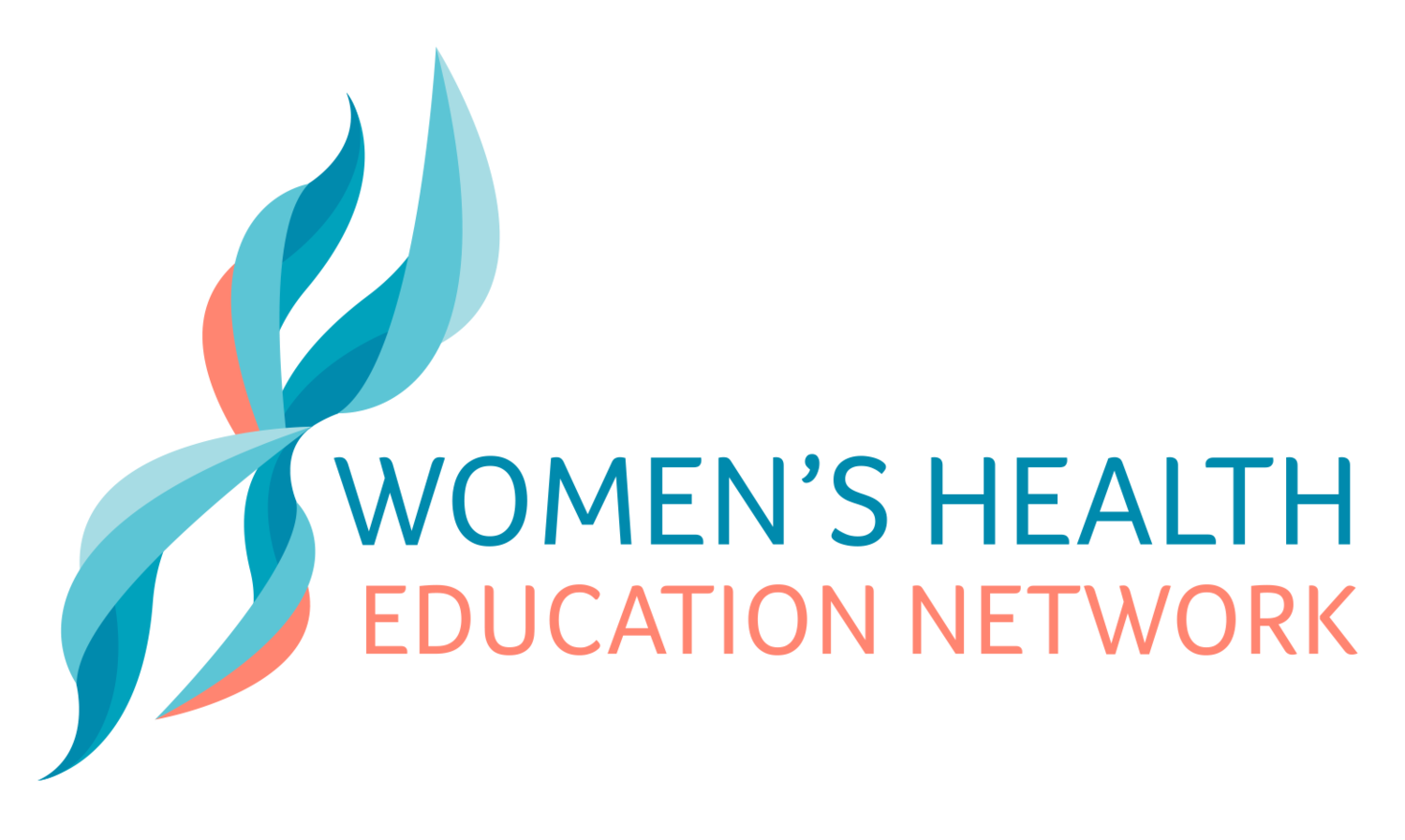Estrogen: The Hormone with a Day Job (and a Night Shift Too)
Who knew? Estrogen, the hormone we've all pigeonholed as the mastermind behind the monthly rollercoaster and baby-making machine, has been moonlighting. And here we were, thinking it was just about sex and babies. Turns out, estrogen has been keeping secrets bigger than your hidden stash of emergency chocolate.
The Great Hormonal Hoodwink
Remember sitting in health class, learning about hormones? Estrogen got a brief mention, right after "puberty" and just before "don't do drugs." They told us it was all about reproduction. Full stop. But what about its side hustles in bone health, heart functionality, muscle strength and brain operations? Missed that lesson? So did we. It's like finding out the quiet kid from school is actually a secret agent.
Estrogen's Full-Time Gig: Not Just for Making Babies
As we hit the menopausal mark, estrogen's vanishing act becomes an all-hands-on-deck situation. It's not merely about battling through sweat-drenched nights; it's recognizing how deeply estrogen was involved in the day-to-day workings of our bodies. Without it, we're not just overheating; we're seeing the scaffolding (our bones) lose its sturdiness, our hearts missing out on estrogen's cardio care, and our brains feeling like we're sifting through fog the morning after splitting a bottle of wine.
And let's not skirt around the issue of muscles, especially those critical ones supporting our pelvic floor. Estrogen was the silent partner here, keeping things tight and right, which speaks volumes to our sex lives and, frankly, our ability to laugh without crossing our legs. Yes, it's about sex, but it's also about continence and confidence far beyond the realms of reproduction.
The Belly Betrayal: A Love-Hate Story
And then there's the belly. Ah, the belly. As estrogen takes its leave, it seems to send fat deposits a memo: "Party at the waistline." Why? Because fat can produce estrogen, making your midsection the new hotspot for hormone production. It's like your body's trying to throw a speakeasy for estrogen, and the password is "extra padding."
Menopause Makeover: Flipping the Script on Estrogen's Exit
So, what's a woman to do? First, let's call out the elephant in the room: Yes, estrogen has been doing more than we gave it credit for, and yes, we're a bit miffed nobody told us sooner. In this unprecedented era, where conversations about menopause are finally taking centre stage, what's your next move? It's simple: Schedule a chat with your healthcare provider. With menopause hormone therapy (MHT) and a myriad of other strategies now under the spotlight, it's clear that the approach to menopause is undergoing a transformative shift. Governments, healthcare professionals, and the public across continents—from the cobblestones of Europe to the shores of Australia—are engaging in an open dialogue like never before.
This surge in discussion and interest has propelled menopause from a whispered word to a global health priority, illuminating a path filled with options and support. Whether MHT fits your narrative or you find solace in alternative therapies, the key lies in personalized care tailored to your unique journey. The revolution in menopause management is here, making now the best time to explore the wealth of resources at your disposal.
A Toast to Estrogen: The Unsung Hero
Here's to estrogen, the hormone that's been keeping our ships afloat in ways we never appreciated. As we navigate the choppy waters of menopause, let's do it with a sense of humour, a dash of grace, and a newfound respect for the hormone that's been the wind in our sails all along.
And remember, while 'Dr. Google' may offer a sea of information, nothing beats a well-navigated journey with trusted sources and a crew of fellow travellers who understand the voyage.
Check out our references below—because knowledge, like a good bra, is all about support.
Gersh, F., O'Keefe, J.H., Elagizi, A., Lavie, C.J. and Laukkanen, J.A., 2024. Estrogen and cardiovascular disease. Progress in Cardiovascular Diseases.Park, H.K., Marston, L. and Mukadam, N., 2024. The Effects of Estrogen on the Risk of Developing Dementia: A Cohort Study Using the UK Biobank Data. The American Journal of Geriatric Psychiatry.Gersh, F.L. and Lavie, C.J., 2020. Menopause and hormone replacement therapy in the 21st century. Heart, 106(7), pp.479-481.T. J. de Villiers & S. R. Goldstein (2022) Bone health 2022: an update, Climacteric, 25:1, 1-3, DOI: 10.1080/13697137.2021.1965408Sipilä, S., Törmäkangas, T., Sillanpää, E., Aukee, P., Kujala, U.M., Kovanen, V. and Laakkonen, E.K., 2020. Muscle and bone mass in middle‐aged women: role of menopausal status and physical activity. Journal of cachexia, sarcopenia and muscle, 11(3), pp.698-709.Bodner-Adler, B., Alarab, M., Ruiz-Zapata, A.M. and Latthe, P., 2020. Effectiveness of hormones in postmenopausal pelvic floor dysfunction—International Urogynecological Association research and development—committee opinion. International Urogynecology Journal, 31, pp.1577-1582. 